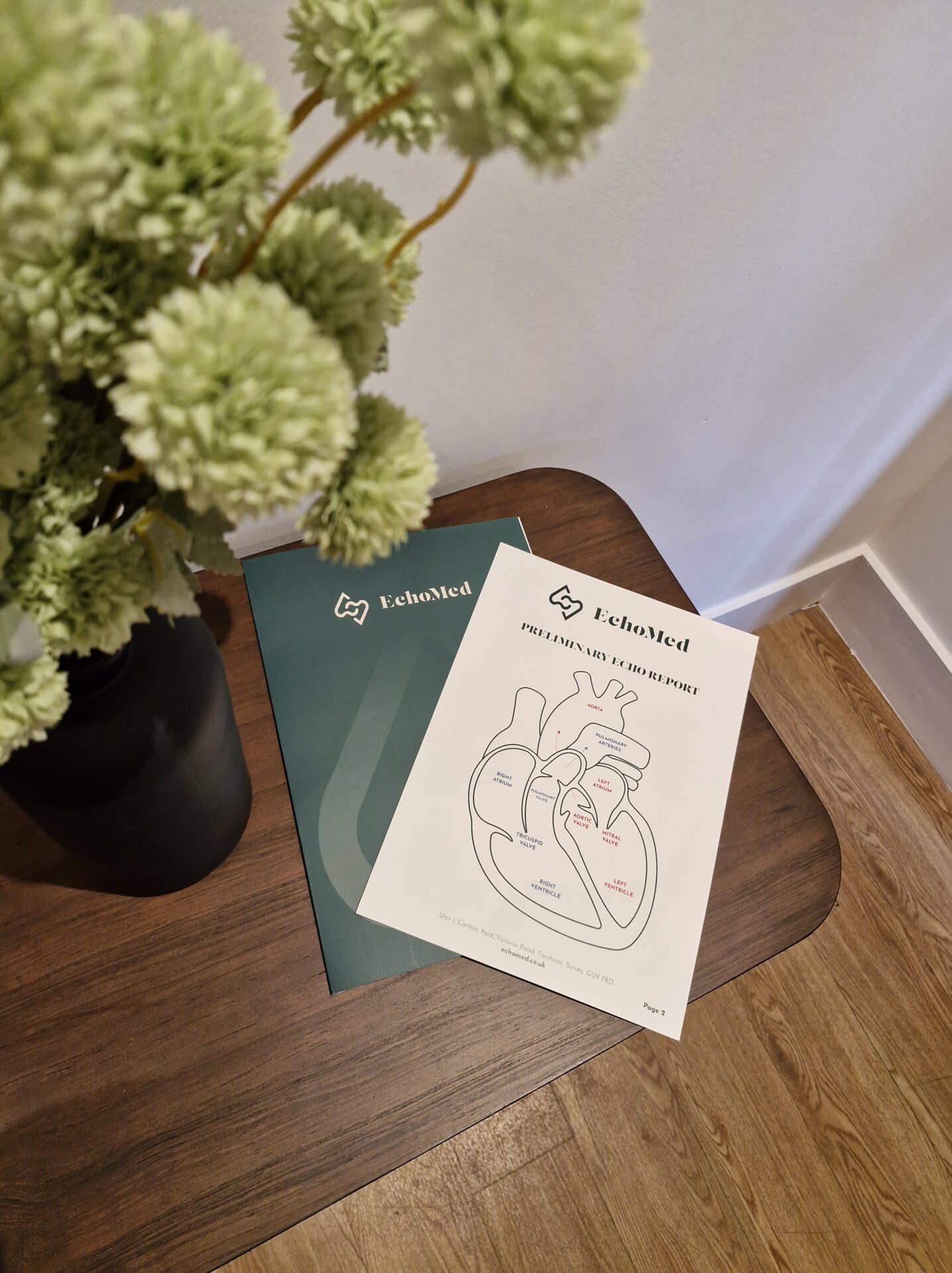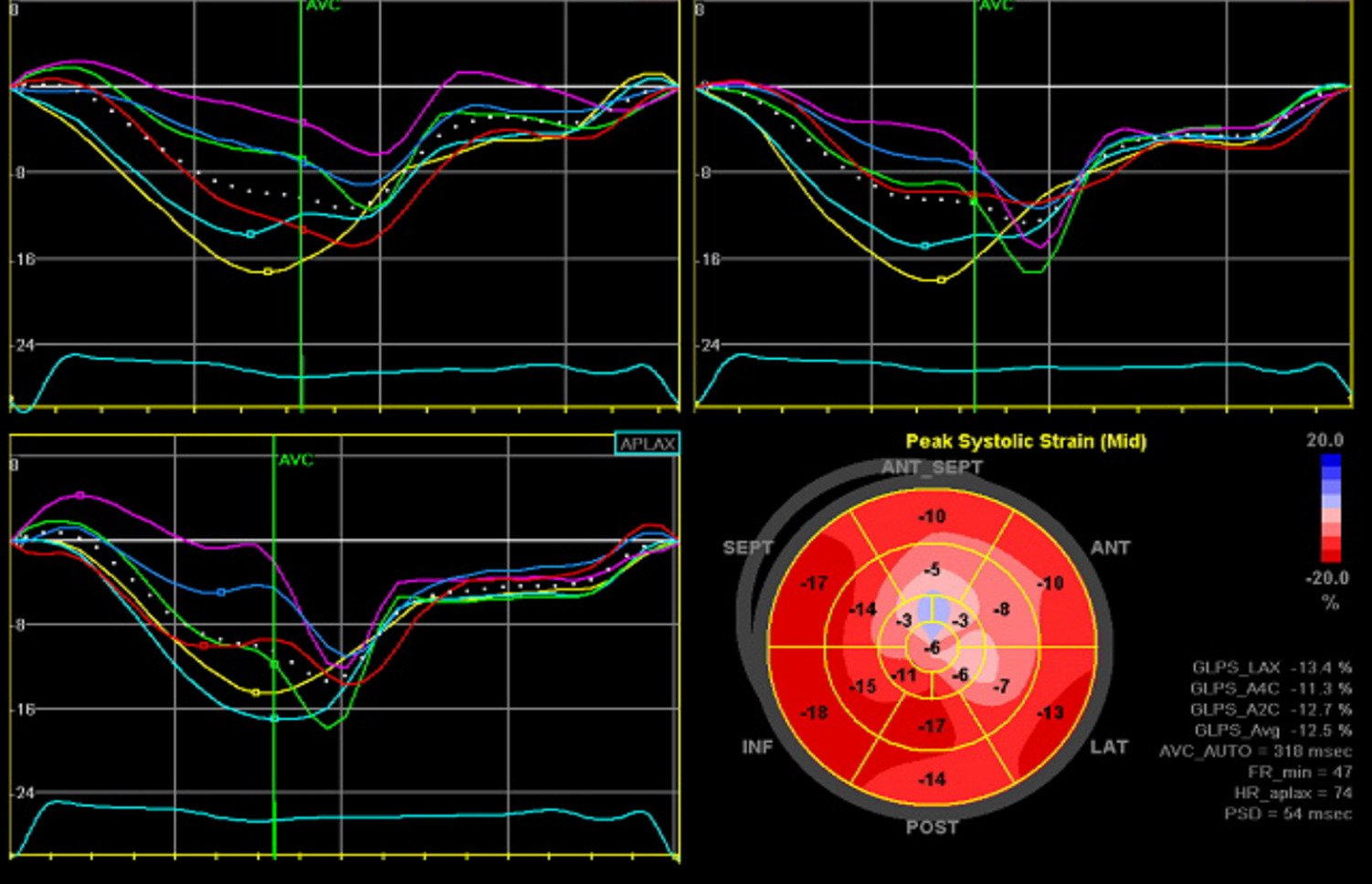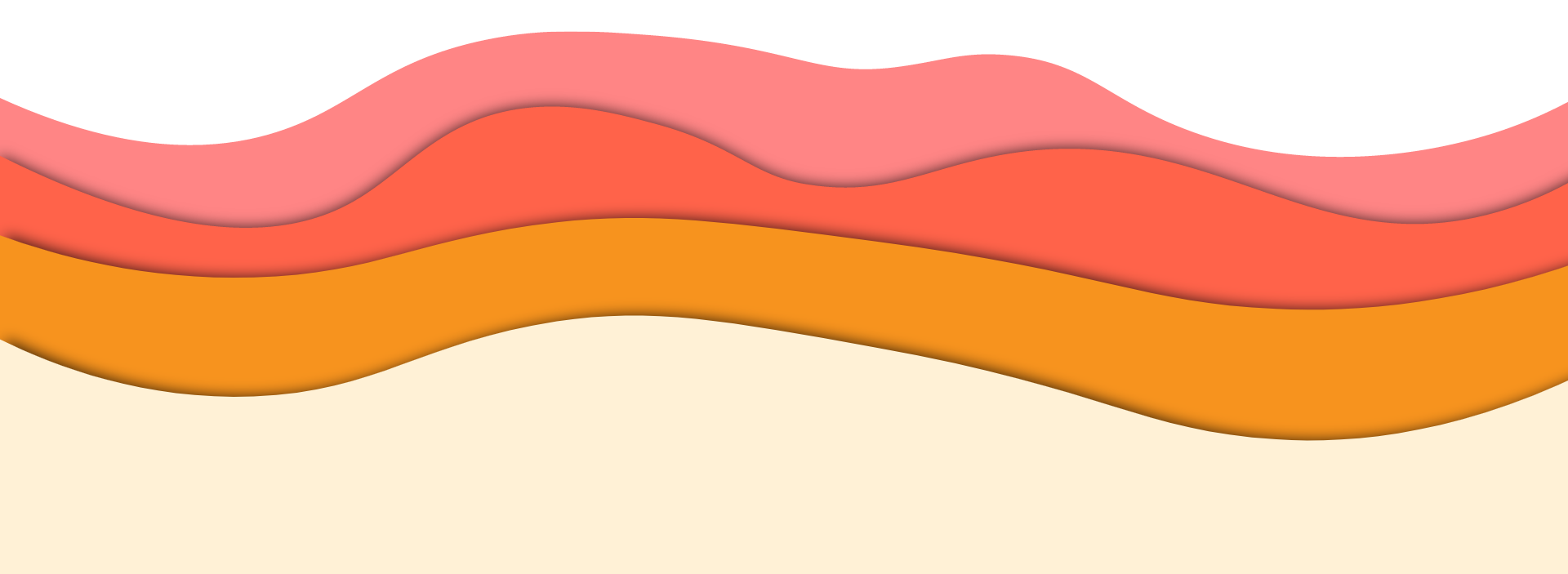Echocardiogram
An echocardiogram (or ‘echo’) is a scan of the heart which uses painless ultrasound waves to assess the structure and function of the heart’s muscle, valves, and major blood vessels. This procedure is completed using a hand-held probe which is coated with gel and passed across the surface of the chest, producing moving images of the heart.
All of our echocardiograms are completed by experienced and qualified Doctors – learn more about this procedure and what to expect when visiting an EchoMed clinic below.

What is an Echocardiogram (TTE)?
An echocardiogram, also known as a cardiac ultrasound, is an ultrasound scan of the heart, using painless ultrasound waves to assess the structure and function of the heart’s muscle, valves, and major blood vessels. The visual image formed from this procedure is called an echocardiogram or echo.

What happens during an Echocardiogram?
At EchoMed, we offer an all-in-one service, meaning our scans are performed by the Doctors themselves, giving our patients a streamlined, professional experience.
Our Specialist Doctors will position you on a couch, and pass a small handheld transducer across the surface of the chest to collect images of your heart. These Doctors have all been awarded accreditation by the British Society of Echocardiography (BSE), allowing them to perform a full echocardiogram and then provide the results immediately.
How to prepare
No specific preparations are required for an echocardiogram, meaning you may eat, drink, and take any regular medications as usual.

How does the procedure work?
An echocardiogram is a non-invasive diagnostic scan and should take around 20 minutes to complete, with no equipment inserted inside the body and no treatment delivered. Instead, a hand-held ultrasound probe is coated with gel and passed across the surface of the chest, emitting painless ultrasound waves, which create moving images of the heart.
To ensure accurate measurements during the scan, we will first measure your height and weight, allowing us to interpret your heart’s size in the context of these measurements. To obtain high-quality images, we will need to scan the heart from several different angles, including underneath the left breast. As such, you will be asked to undress from the waist up (women will need to remove their bra) and change into a gown before the scan begins. Small electrode stickers are also attached to your chest to record the heart’s rhythm during the test.
For the majority of your echocardiogram scan itself, you will be asked to lie on your left-hand side with your left arm behind your head. If this is not possible, the procedure can be performed with you lying flat on your back. To improve image quality, our Doctors may also ask you to hold your breath for short periods during the scan.

What does an Echocardiogram test for?
An echocardiogram provides a wealth of key information about the heart, such as how the valves open and close, and generates a visual representation of the heart’s structure and function. An echo scan examines:
- The size of the heart’s four chambers
- The thickness, integrity, and pumping function of the heart muscle
- The performance of the heart’s four valves, including the presence of any leaks or restrictions
- The size and function of the heart’s major blood vessels, including an assessment of the blood pressure in the lungs
- The lining of the heart, in particular, any fluid collections or scarring
An echocardiogram can, therefore, diagnose many different heart conditions, including:
- Heart muscle disease that has developed during your life, such as damage from a previous heart attack (blocked artery) or a severe infection
- Heart muscle disease related to high blood pressure or other medical problems.
- Damage to the heart relating to COVID, or vaccine myocarditis (rare).
- Heart muscle diseases that are genetic, such as hypertrophic cardiomyopathy or dilated cardiomyopathy
- Structural anomalies that you were born with, such as a hole in the heart or an abnormally formed valve
- Excessively leaky valves (regurgitation) or narrow (stenosis) and therefore need monitoring or surgical replacement
- Problems with the large blood vessels connected to the heart, such as an enlarged aorta or abnormally high pressure within the pulmonary arteries (pulmonary hypertension)
Some of these conditions may require you to undergo further monitoring or investigations, family screening, treatment, or make lifestyle changes – as such, a normal echocardiogram is a very reassuring test.

Who needs this procedure?
If you are experiencing symptoms associated with heart disease, or have been told you have a heart murmur, you should consider booking an echo scan. Common symptoms of heart disease include:
- Shortness of breath
- Fatigue
- Chest pain
- Dizzy spells
- Fainting
- Palpitations
Alternatively, people without symptoms but who are looking for reassurance about the structure and function of their heart – such as those who engage in strenuous exercise or have a family history of cardiovascular disease – should also consider booking a scan with us, with no GP referral necessary.
Want to book an appointment? Book now
Types of Echocardiogram
-
TTE
At EchoMed, we specialise in transthoracic echocardiograms (TTEs), which are the most common type of cardiac echo and involve scanning the surface of the chest with an ultrasound probe. A TTE is sufficient to diagnose the vast majority of heart muscle and valve abnormalities and is a completely painless, non-invasive, and safe procedure.
-
TOE
In cases where very fine detail is required, particularly regarding the heart valves, a transesophageal echocardiogram (TOE) can be performed. This is an invasive procedure whereby the ultrasound probe is inserted into the mouth and positioned in the gullet while under sedation, like an endoscopy. This procedure allows the operators to appreciate subtle abnormalities, such as tiny structures attached to heart valves, that may not be evident on a TTE. However, EchoMed does not currently offer TOE.
-
Stress Echocardiograms
Some cardiac abnormalities may not be observed at rest, requiring examining cardiac performance under strain. To examine the heart's functionality under strain, an echocardiogram can be performed during exercise or after a dose of stimulant medication to look for abnormal heart muscle or valvular function. This procedure is known as a stress echocardiogram and is sometimes useful for patients with a previous history of heart attacks to examine heart muscle damage or in those with valve problems of uncertain significance.
Other Services
Next steps after your echocardiogram test
At EchoMed, your scan is performed by your Doctor, meaning you will receive a full explanation of your results immediately after your procedure. A formal report, plus any recommendations for further investigation or treatment, will be sent to you and your GP by the end of the day. You will also leave our clinic with a diagram of your heart, annotated with any significant abnormalities.
Book an appointment
In just a few clicks, you can arrange an appointment that suits you. Book with EchoMed today. Whether you are concerned about unexplained symptoms, or simply wish to exclude any problems which may cause trouble later in life, our scans can help.
Select a Clinic
-
Harley Street: London
Services at this location:
- Echocardiogram
- Electrocardiogram (ECG)
- 7-day Holter monitor (including Holter at Home service)
- Blood Tests
-
Surrey Hills: Farnham
Services at this location:
- Echocardiogram
- Electrocardiogram (ECG)
- Exercise (stress) ECG
- 7-day Holter monitor (including Holter at Home service)
- Blood Tests
-
South Coast: Emsworth
Services at this location:
- Echocardiogram
- Electrocardiogram (ECG)
- Exercise (stress) ECG
- 7-day Holter monitor (including Holter at Home service)
- Blood Tests
-
Book your appointment at the Harley Street Clinic
-
Book your appointment at the Surrey Hills Clinic
-
Book your appointment at the South Coast Clinic
How To Find Us
Our Surrey Hills (Farnham) Clinic is conveniently located just off the A31. We are situated inside the Carlton Yard Clinic (postcode: GU9 7RD), which can be accessed on foot off the southwest corner of Farnham Central Car Park.
From the car park, you will see a selection of signs attached to the exterior wall of the Carlton Yard Clinic (including ‘EchoMed: The Cardiac Ultrasound Clinic’). Walk around the left-hand side of this building, turn right in front of The Silver Sea restaurant, and continue through an archway with a metal gate. This gate is usually open – if not, please buzz the intercom and our team will assist you. The wooden door to the Carlton Yard Clinic is through this arch and immediately on the right.
Our South Coast (Emsworth) Clinic is within minutes of the A27. We are situated on the ground floor of the Hampshire Health building (97 Havant Road, postcode: PO10 7LF), which offers free parking to the rear. On arrival, our receptionists will show you to the waiting area.
Our London (Harley Street) Clinic is located at number 10 on the world famous Harley Street. If you are driving, paid kerbside parking is available (and is free on Sundays), and there are two nearby secure car parks (Q-Park Harley Street and Q-Park Oxford Street). If you prefer to use public transport, we are an 8 minute walk north from both Oxford Circus and Bond Street tube stations.
If you have any issues finding any of our clinics, please call 0333 444 3246 for assistance.
EchoMed: SOUTH COAST CLINIC
Hampshire Health
97 Havant Road, Emsworth
PO10 7LF
EchoMed: SURREY HILLS CLINIC
The Carlton Yard Clinic, Unit 1, Carlton Yd,
Victoria Rd, Farnham
GU9 7RD
0333 444 3246
Get In Touch With Us
Any questions about our services? Please get in touch here:
